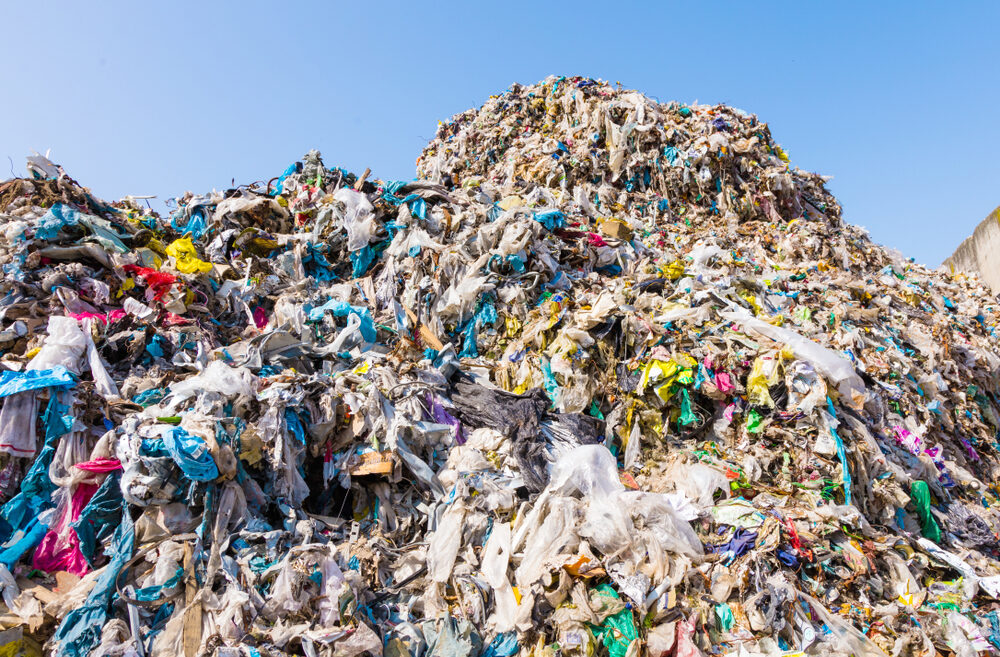Once the preserve of hardcore eco-fighters and people who wear hemp cardigans, the concept of sustainability is finally making its way into the mainstream.
Awareness of sustainability is affecting how many of us buy, eat and lead our daily lives as well as how whole industries are changing the way they treat the planet.
Over here in Israel, local entrepreneurs are also bent on delivering great products and services that are kind to our surroundings. Check out these nine initiatives making the world a little greener.
- IMYIM
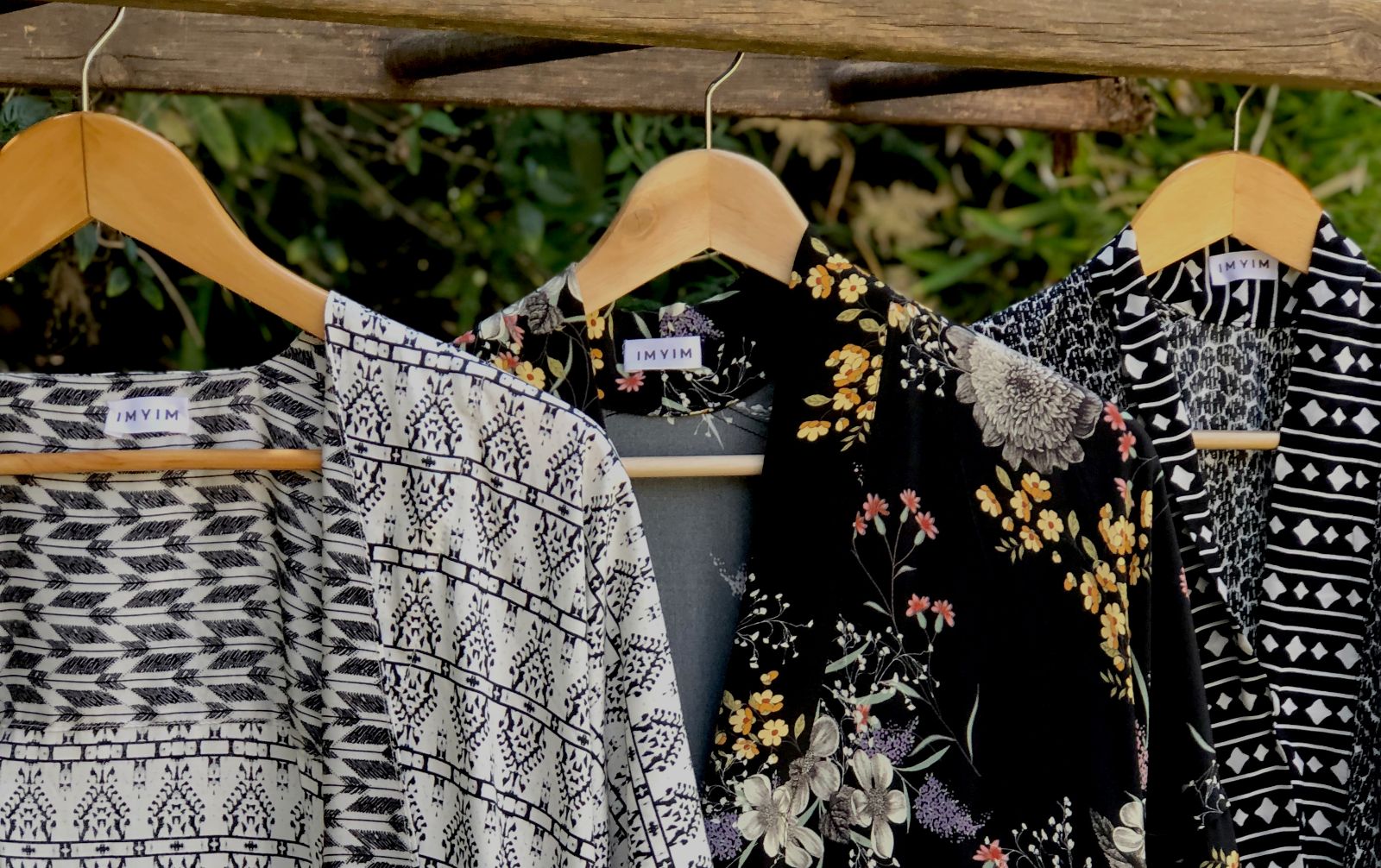
IMYIM is a new Israeli brand that focuses on eco-fashion, creating beautiful clothes and accessories in a sustainable way.
“After realizing the fashion industry is one of the most polluting industries, together with our desire to create fashion that is long-lasting, fashionable and thoughtful, we created IMYIM,” say Mari Pelleg and her daughters Ilan and Maya, the designers behind the label.
They use upcycled denim, cotton and linen cut in a way that minimizes fabric waste to create tees, jackets, kimonos and purses.
“We brought together our experience from the fast-fashion world into the slow-fashion movement, studying the patterns and fabrics that will benefit the plant and our clientele,” they say. “When we create zero-waste patterns,we show the world fashion can be thoughtful and beautiful at the same time.”
- HomeBiogas

Quite literally turning waste into gems, HomeBiogas is a system that converts food leftovers into natural gas for cooking and into garden fertilizer.
It’s pretty easy to use: simply dispose of food leftovers into a tank where bacteria digest them, converting them into biogas that is then channeled to the stovetop. As well as repurposing household trash, the system also cuts down the need to use wasteful gas and harmful fertilizer.
Those really into biogas can take things a step further, installing the company’s Bio-Toilet kit. Operating in a similar manner to the food-waste system, this off-grid solution turns toilet waste into cooking gas in a process that requires zero human intervention. You know, to make it more appealing.
- Clariter
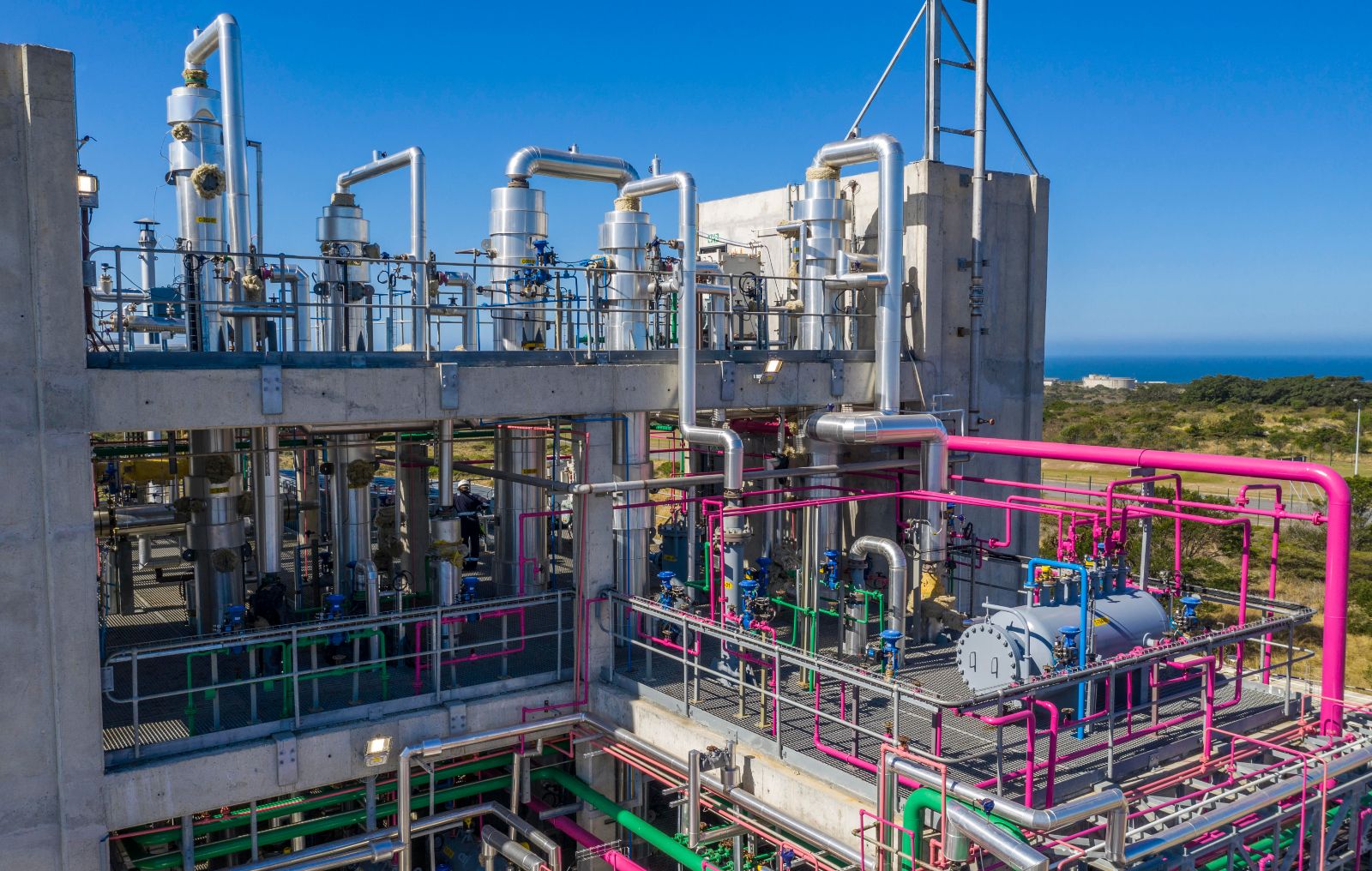
Clariter is an Israeli-owned global company that created a chemical recycling technology to end the life of plastic.
Its technology can transform more than 70 percent of all plastic waste types into industrial products such as solvents, oils and waxes that are in turn used as ingredients to make new consumer products such as car wax or shoe polish.
This means that instead of recycling plastic, it upcycles it into plastic-free products that help clean the planet of plastic waste.
Clariter currently operates in Poland and South Africa and plans to build five new plants in upcoming years, including one in Israel.
- Leket Israel
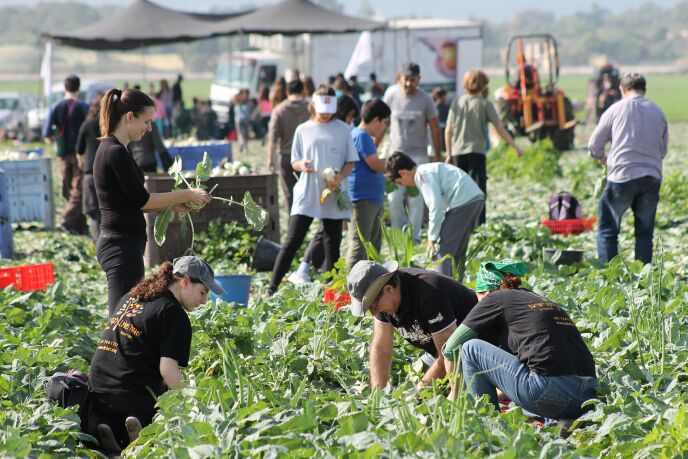
One of Israel’s best-known NGOs, Leket Israel demonstrates how one man’s trash is another man’s treasure.
A national food bank, Leket rescues and distributes many tons of fruit and vegetables – mostly donated by farms – to the needy each year. It also rescues food left over in hotels, catering halls and military bases, as well as non-perishable food items from manufacturers.
Every week, the food it collects is distributed to some 200 nonprofit associations that then pass it on to 175,000 Israelis in need.
- GreenPax
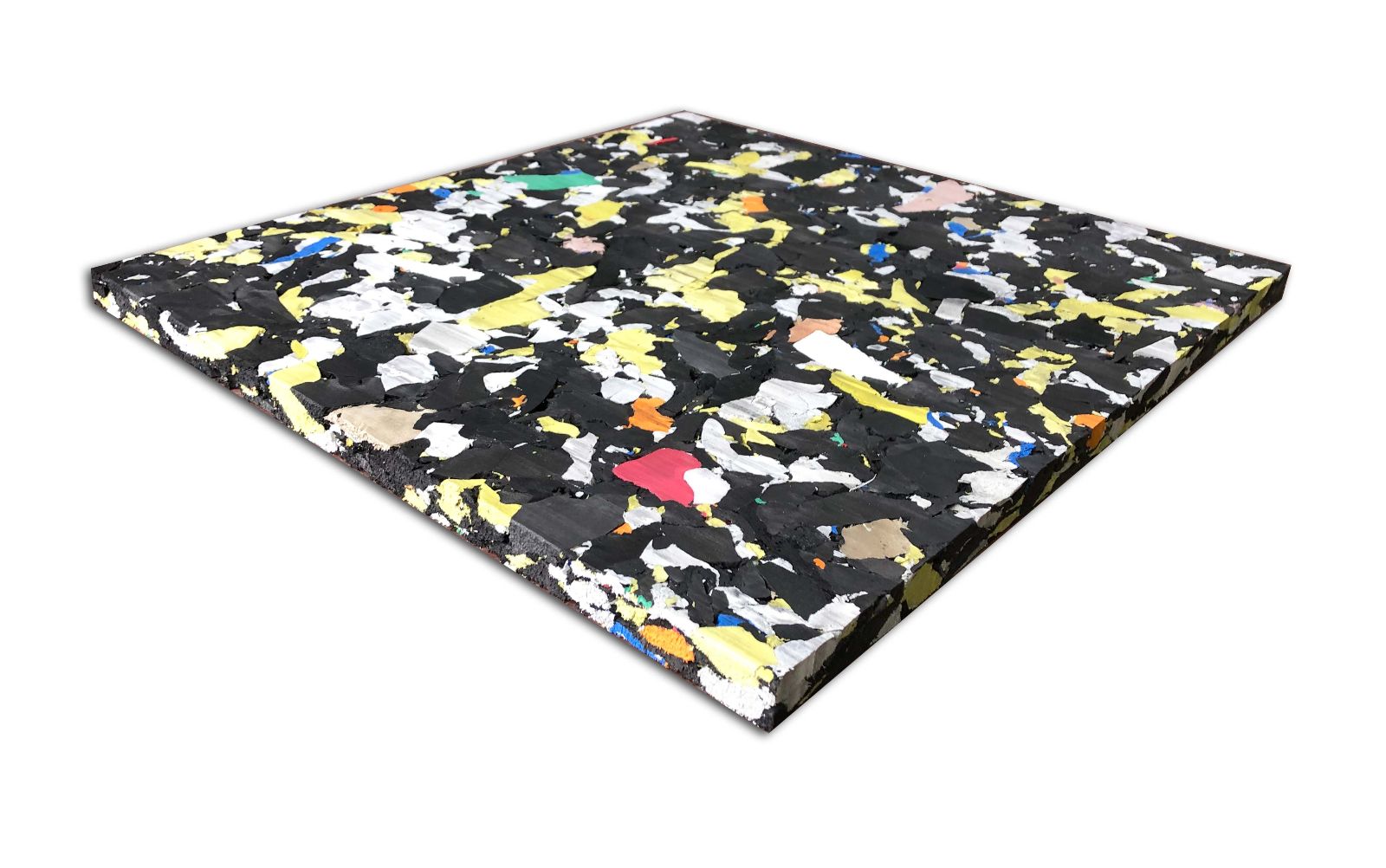
GreenPax looks out both for the planet and for young children playing around.
A subsidiary of a company called Pashut Yarok (Simply Green) that installs synthetic grass and shock-absorbent playground surfaces, GreenPax creates these “ShockPad” surfaces using polyethylene foam waste from factories.
“In terms of production, we collect polyethylene foam waste from different factories in Israel and abroad,” the company says. “This waste was a serious nuisance to factories because of its volume and weight.”
Those factories used to dispose of the waste by dumping it in landfills or by burning it, two solutions that are harmful to the environment. Now, that same waste instead undergoes a compressing and pasting process that results in shock-absorbent safety pads for playgrounds and preschools.
- Havie
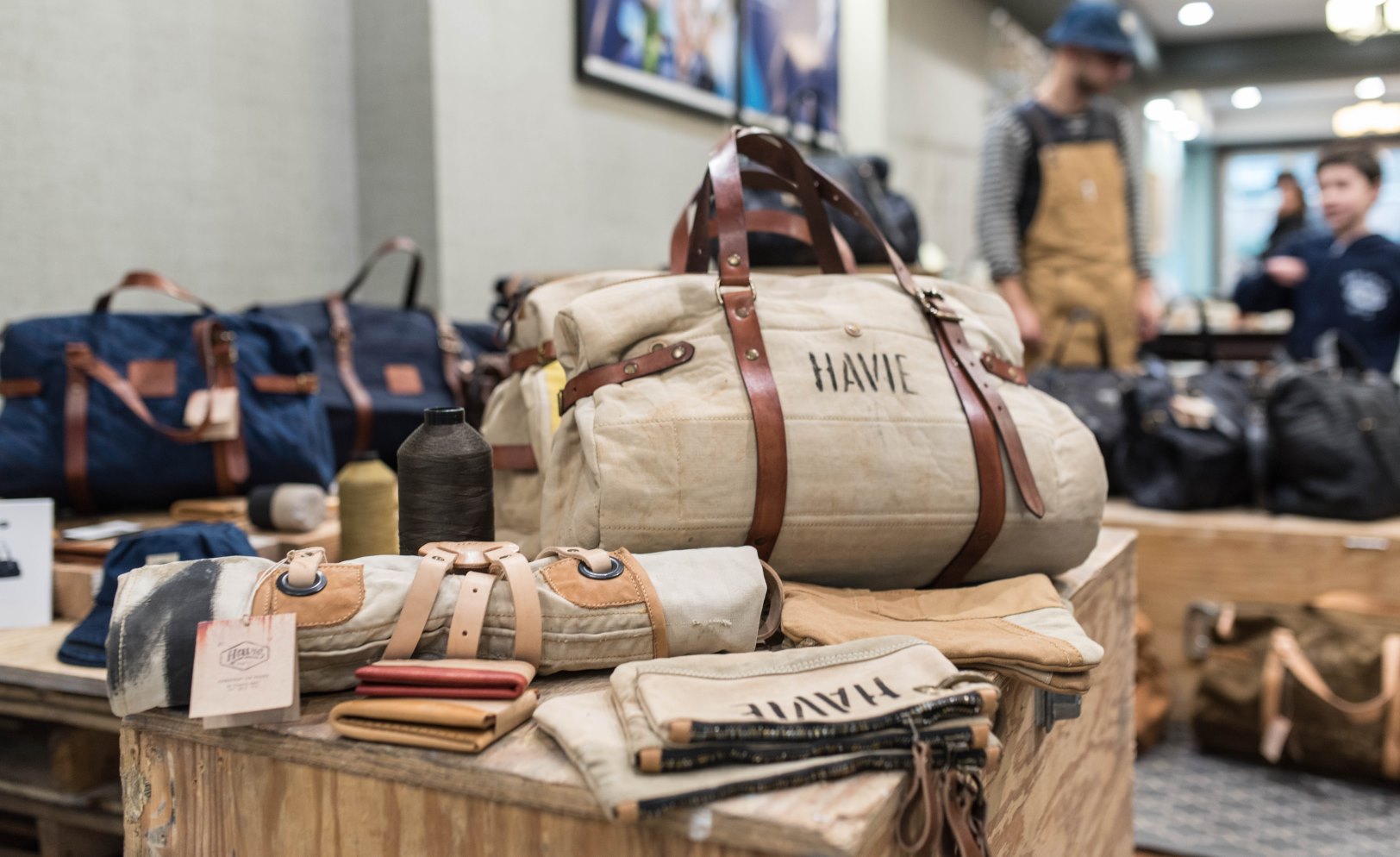
For years, Israeli fashion conjured up military associations. Now, actual military clothing is being upcycled to create far more fabulous fashion.
Havie, run by brothers Archie and Denis Ryabko, takes old army uniforms, gear and tents and turns them into utilitarian-style tees, aprons, bags and wallets.
The items get a new lease on life while keeping much of their previous identity, fusing together old and new, stuffy and cool.
The brothers’ workshop is located in the hipster Noga neighborhood in South Tel Aviv, and they ship worldwide.
- SG Tech
You know the joke about cow patties and greenhouse gases? Well, the reality is far from funny. Livestock waste releases methane and nitrous oxide, two gases that contribute to global warming. And when we take into consideration how much livestock there is on the planet, we’re talking lots of gas.
One solution for this is to turn cow gas into biogas, but this also creates byproducts such as digestate, which is wastewater that contains high concentrations of nutrients and salts. When this wastewater seeps into water aquifers it pollutes them and causes salinization of fields.
This is what Israeli clean-tech company SG Tech tackles with a smart, algorithm-based solution that enables farmers to properly treat their livestock’s waste, including digestate, while also becoming energetically self-sufficient. Waste into gems, indeed.
- UBQ
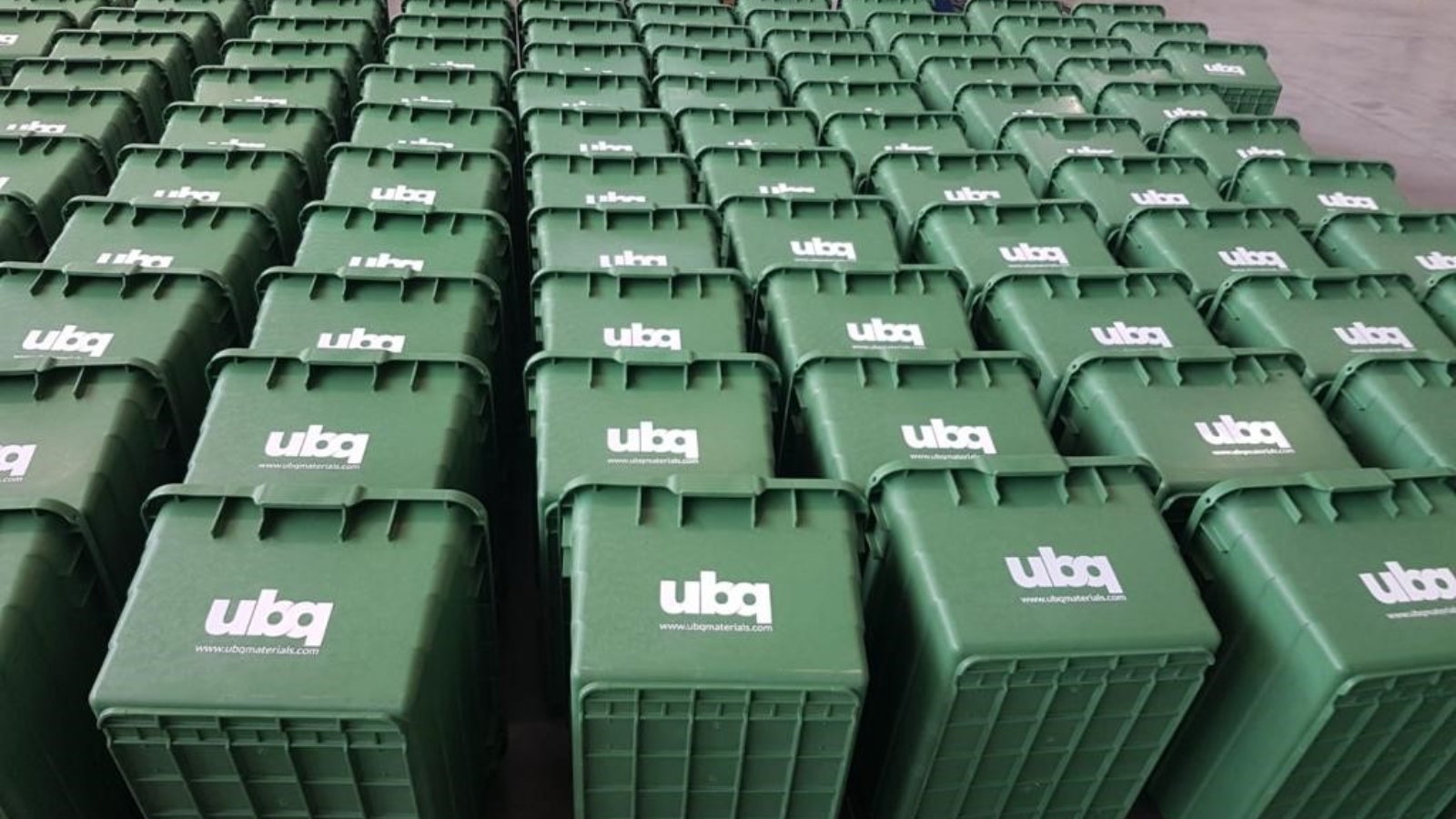
No story about Israel is complete without some connection to hummus, so here we go.
Yehuda Pearl, the founder of the famous Sabra hummus brand, is also the backer of a green-tech startup called UBQ.
UBQ has developed a technology that can take up to 80 percent of household trash and turn it into plastic substitutes that are then used to make everyday goods across different industries.
UBQ’s materials, for example, are now being used instead of regular plastic at some branches of McDonald’s in Uruguay and are also being turned into recycling bins by the Central Virginia Waste Management Authority. Possibilities appear to be endless, and hopefully usage will cut down on waste across the globe.
- NUFiltration
NUFiltration’s work is as Israeli as it gets, bringing together the medical world, water, entrepreneurship and reaching out to developing countries by upcycling discarded dialysis filters to make pure water.
It was thought up by Tel Aviv University’s Prof. Yoram Lass, who wondered whether medical filters that can remove unwanted particles from human blood could also do the same for water. Lass approached Mino Negrin, an entrepreneur in the water-tech field, and together they created the machinery to collect, sterilize and distribute repurposed dialysis filters.
The filters are now supplied to rural areas across the world, where their simple operation and easy-to-use mechanism help provide water to remote communities. Other uses for the filters include water treatment for swimming pools and treatment plants.




